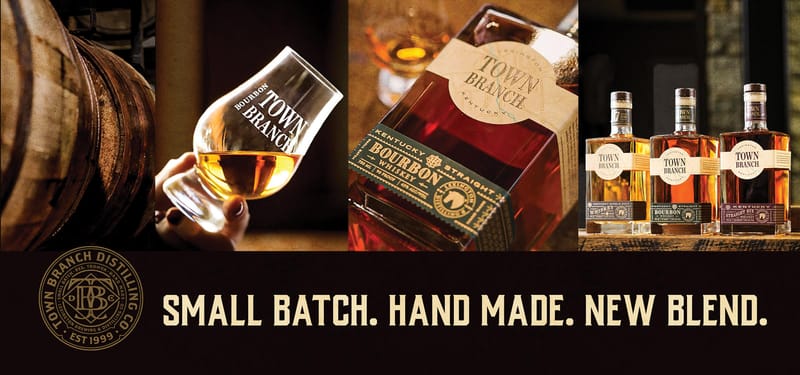Champagne Yield, Shipments Increase
Comité Champagne said this should be a strong year, and set a yield of 11,400 kg.ha. It noted that so far the vineyards are in a good and uniform sanitary state from one sector to another. The wine-growing season has been fairly calm, with little frost damage (1.
Comité Champagne said this should be a strong year, and set a yield of 11,400 kg.ha. It noted that so far the vineyards are in a good and uniform sanitary state from one sector to another. The wine-growing season has been fairly calm, with little frost damage (1.5% of the vineyard) and hail damage (0.3%). Mildew and powdery mildew are contained; only the recharge of soil water levels might be cause for concern. Grape clusters are also in good shape, and the harvest, which currently looks promising, should begin in the first 10 days of September.
Climate hazards, vine decline and the aging of vineyards are all impacting Champagne yields, which have fallen by 26% in 12 years. Therefore, it was decided to take full advantage of good years to further improve the industry’s resilience.
“Last year, Champagne introduced an innovative scheme on ‘the deferred release of the reserve,’” said Maxime Toubart, president of the Syndicat Général des Vignerons de la Champagne and co-president of the Comité Champagne. “This year, the maximum level of reserve was raised to 10,000 kg/ha instead of 8,000 kg/ha. The INAO has agreed to look into this matter as a priority to allow winegrowers to plan their reserve for the upcoming harvest.”
The objective is to provide the means to achieve the available yield set by the Comité Champagne each year, in order to ensure market balance.
Shipments are expected to reach around 314 million bottles in 2023
Champagne shipments in the first half of 2023 represented 125.8 million bottles, a decline of 4.7% compared to the same period in 2022. Exports, with 77.7 million bottles, fell by 3.7%, while France recorded a decline of 6.3% with 48.1 million bottles. These results should be viewed in perspective compared to the extraordinary results in 2022 (at the same period of time last year, sales were up 14%).
“To determine the available yield for the year, winegrowers and houses have agreed on shipping forecasts for the next four years that take into account both our confidence in the appellation, as well as a certain caution with regards to the global economic situation and the effects of inflation,” said David Chatillon, president of the Union des Maisons de Champagne and co-president of the Comité Champagne.

